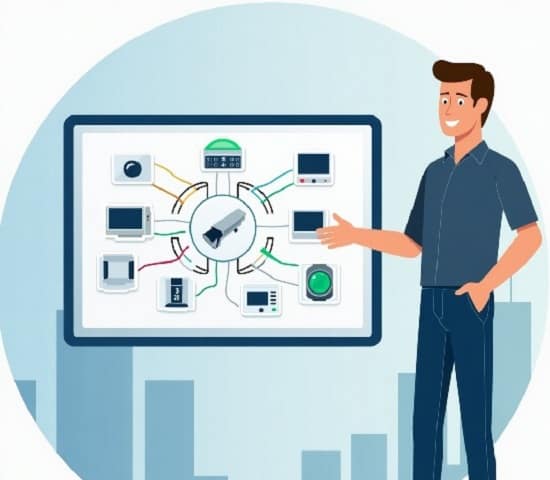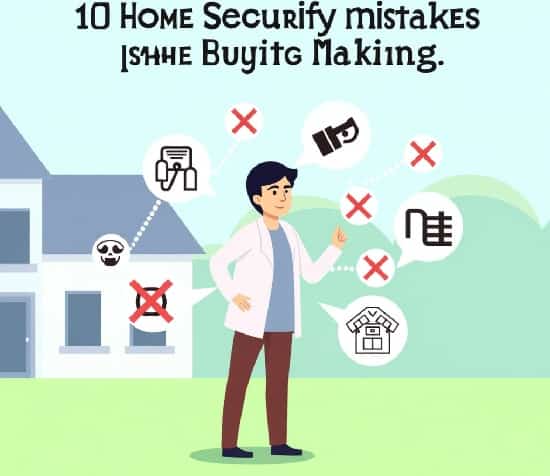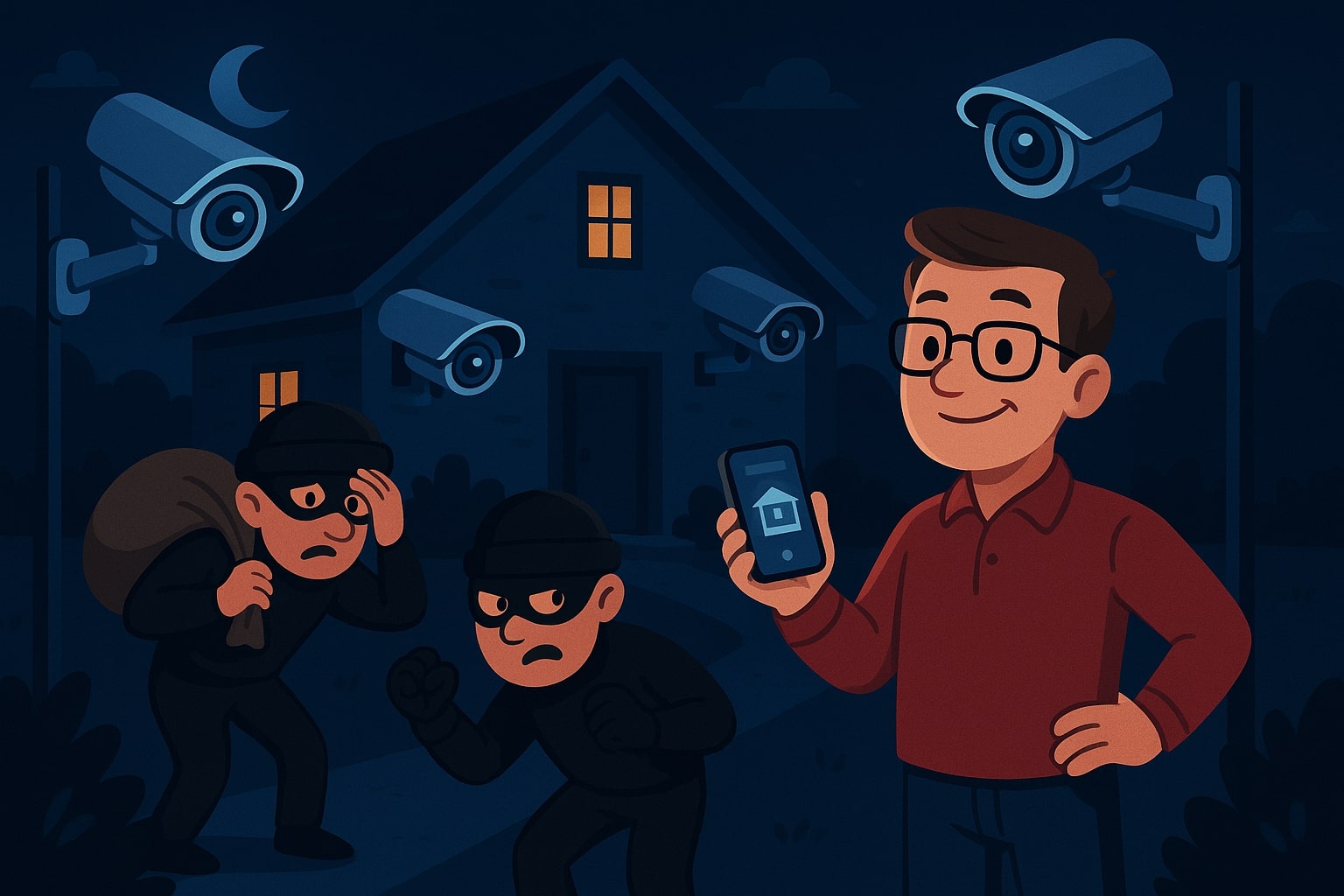Picking a security system for your home or office can seem tricky with all the choices. But don’t stress! With a few easy steps, you’ll find one that works for you, fits your budget, and keeps you worry-free. Here’s a simple guide to help you choose the best setup.
1. First, Think About What You’re Protecting
Sounds obvious, right? But seriously—take a walk around your home or office and ask yourself: What am I actually worried about?
At home, maybe it’s break-ins, porch pirates, or even just wanting to see when your kids get home from school. For an office, the concern might be more about who’s coming in and out after hours or making sure sensitive equipment is secure.
This first step matters because it helps you avoid buying stuff you don’t need—or forgetting something you do.
2. Monitored or Not?
This one tripped me up at first. Here’s the deal:
Monitored systems: You pay a company to keep an eye on your place 24/7. If something triggers the alarm, they’ll call the police or fire department for you. You usually pay a monthly fee.
Unmonitored systems: These just alert you. Your phone pings, and it’s up to you to decide what to do.
If you’re someone who travels a lot or doesn’t want the pressure of responding to every alert, monitored might be worth the extra cost. If you’re always nearby and just want a basic setup, you can probably skip it.
3. Wired vs. Wireless? Depends on Your Setup
Wired systems are solid and dependable, but they’re harder to install and a pain to move later. Ideal for homeowners who want a long-term setup.
Wireless systems are easier to install yourself. If you rent, or just want the flexibility to move stuff around, go wireless. That’s what I ended up doing, and I don’t regret it. Just make sure your Wi-Fi is strong if you go this route.
4. Don’t Get Sucked Into Fancy Features You Don’t Need
You’ll see systems loaded with features. Some are genuinely helpful. Others? Just bells and whistles. Here’s what actually matters:
- Cameras (indoor/outdoor): Useful for checking what’s going on when you’re not there.
- Door and window sensors: Basic, but important.
- Motion detectors: Especially useful for larger spaces.
- Mobile alerts: So you know the second something’s off.
- Remote access: Being able to arm/disarm your system from your phone is a game changer.
- Environmental sensors: Smoke, CO2, water leaks—these are underrated but super helpful.
5. Already Using Smart Devices? Make Sure It All Plays Nice Together
I’ve got a smart speaker and a few smart plugs, so I made sure my security system worked with those. Not essential, but it’s nice being able to say, “Hey Google, arm the system” on the way out.
6. Don’t Forget About the Cost Over Time
This one almost got me. Some systems seem cheap up front, but then hit you with monthly fees or expensive cloud storage.
Think through:
- Equipment cost
- Any installation charges
- Monthly fees for monitoring (if you go that route)
- Any subscription required to view saved footage
And—read the fine print. Some companies lock you into long-term contracts that are hard to get out of.
7. Do a Little Digging on the Company
Before you buy, Google the company. Read actual reviews—not just the glowing ones on their own website. Look for patterns: are people complaining about delayed emergency response? Crappy customer service? Glitchy apps?
That stuff matters more than you might think.
8. Pick Something That Can Grow With You
Maybe you just want a front door cam now. But what if you move? Or want to add sensors to the garage later?
Choose a system that makes it easy to add new pieces without having to replace everything.
9. Don’t Overlook Privacy
Especially with indoor cameras, you want to make sure your system keeps your footage secure. I always ask:
- Is the footage encrypted?
- Who can access it?
- Can I delete old videos when I want to?
You’re protecting your space—you don’t want to open up a new privacy issue in the process.
10. Still Not Sure? Ask for Help
I talked to a couple of reps before I made my final choice. Some companies will walk you through the options and give advice without pressuring you into a sale. It doesn’t hurt to ask, especially if you’ve got a unique setup.



